Recently, a rather diverse group of travelers embarked on a business-trip-meets-field-mission to Côte d'Ivoire. HIOH veterinarians, ecologists, bacteriologists and virologists teamed up with HZI epidemiologists, a microbiology/animal physiology delegation from the University of Greifswald and a geneticist from the Robert Koch Institute (RKI) to meet our partners in Abidjan and Bouaké and to visit the tropical forests of Taï National Park. A highly dynamic adventure – some of us only stayed for a few days, others for several weeks, and rarely were we all at the same place at the same time – and a significant milestone on the way to successful international and interdisciplinary cooperation and practical application of the One Health idea.

Wednesday, 10 April 2024
After an early start from Berlin and stopovers in Brussels (Belgium) and Ouagadougou (Burkina Faso), the HIOH team reaches Abidjan in the late afternoon.
Together with the Ivorian Plateforme Une Seule Santé (PLUSS), we are happy to welcome more than 60 representatives of research institutions, hospitals, public authorities, and ministries to a one-day strategic workshop on One Health Surveillance – L’Atelier Surveillance Une Seule Santé dans le Département de Taï. Many thanks to the Centre Hospitalier et Universitaire (CHU) de Bouaké, the Centre Suisse de Recherches Scientifiques (CSRS), and the Office Ivoirien des Parcs et Réserves (OIPR) for their support in organizing this event.
Honored to have them opening the conference with their words of welcome: Matthias Veltin, the German Ambassador in Côte d’Ivoire, Dr Djénéba Ouattara, coordinator of the multi-sector secretariat of Côte d'Ivoire’s One Health Platform, Prof. Fabian Leendertz, founding director of HIOH, and Francesca Di Mauro, Ambassador of the European Union in Côte d’Ivoire.
Across disciplines: Human health researchers and practitioners, public health experts, veterinarians, epidemiologists, and many others come together to debate the opportunities and challenges of systematic One Health surveillance for better pandemic preparedness and prevention. We are delighted to join forces with all the important drivers of One Health efforts in Côte d’Ivoire, including three ministries: the Ministry of Health and Public Hygiene (MSHP), the Ministère de l’Environnement, du Développement Durable et de la Transition Écologique (MINEDDTE), and the Ministère des Ressources Animales et Halieutiques (MIRAH); furthermore the Institut National d’Hygiène Publique (INHP), the CHU de Bouaké, CSRS, the Centre de Recherche en Écologie / Biodiversité de Côte d’Ivoire (CRE), OIPR, the local health services in Taï, the Taï Chimpanzee Project (TCP), the Wild Chimpanzee Foundation (WCF), the Université Félix Houphouët-Boigny Abidjan, the Université Alassane Ouattara de Bouaké, the Direction des Services Vétérinaires (DSV), the Laboratoire National d'Appui au Développement Agricole (LANADA), the German Society for International Cooperation (GIZ) and the German investment and development bank KfW.
Intensive exchange: In dedicated smaller working groups, participants bring in their respective backgrounds and valuable expertise, thus identifying and shaping aspects of specific One Health surveillance measures, i.e., of human health cohorts, clinical surveillance, monitoring of domestic animals and wildlife, and environmental biodiversity monitoring.
A pleasant end to a successful day: Thanks a lot to the German Ambassador and his wife for the kind invitation to their residence.
Friday, 12 April 2024
Excited to visit one of Côte d’Ivoire’s most renowned research institutions and our longtime close cooperation partner today: the Centre Suisse de Recherches Scientifiques (CSRS) in Abidjan.
The CSRS, which was established in 1951 and is today under the shared governance of the Ministry of Higher Education and Scientific Research (MESRS) in Côte d'Ivoire and the State Secretariat for Training, Research and Innovation (SEFRI) in Switzerland, has made ‘Research in Partnership for Sustainable Development’ its guiding principle. Thanks to Prof. Inza Koné, General Manager of CSRS, and his competent team for the warm welcome and fruitful discussions!
State-of-the-art infrastructure meets longstanding expertise: The CSRS is equipped with modern laboratories for molecular biology, microbiology, chemistry, parasitology, medical entomology, botany and chemosensitivity, and features two insectariums. From human and animal health to environmental health, environmental and development economics, agricultural sustainability, plant biodiversity, to epidemiological transitions, demographic and health surveillance, and other aspects of social systems, the multidisciplinary and highly qualified CSRS team engages in a wide range of research interests.
After Goodbyes to CSRS, we are heading North: Leaving bustling Abidjan, Côte d’Ivoire’s largest city and economic capital on the Gulf of Guinea, we take the brand-new (and empty) Autoroute du Nord inland towards Bouaké.
It’s almost evening when we are warmly welcomed by yet another long-standing strategic research partner: Prof. Chantal Akoua-Koffi and her colleagues at the Centre Hospitalier et Universitaire (CHU) de Bouaké.
Impressed to see the new molecular diagnostics and genomic sequencing laboratory at CHUB that was only recently opened in June 2023. Established with German support from HIOH and RKI and funded by the German Ministry of Health and the German Ministry of Education and Research, the state-of-the-art lab is well prepared for advanced analyses of various sample types from both humans and animals and facilitates training as well as research on infectious diseases. This includes, amongst others, testing for pathogens like Monkeypox virus, Rift Valley fever virus and West Nile virus.
At the end of a long and eventful day, we enjoy a pleasant dinner with our esteemed CHUB colleagues and receive an unexpected visitor.
Saturday, 13 April 2024
Our HIOH tour group splits up today: Team Forest 1 sets off for Taï National Park. It will take ten hours by car on less-than-perfect “roads” until they reach the village.

Off towards the forest © HIOH
The rest of us return to CHUB, where, even though it is the weekend, a small symposium has been organized for us. We get to meet CHUB’s Director of Medical Services, chief physicians of pediatrics, internal medicine, tropical medicine and the emergency room, bacteriologists and many other established practitioners and scientists of the University Hospital. A number of collaborative multidisciplinary research projects are already ongoing, in which researchers from HIOH and CHUB jointly establish feasible strategies of systematic long-term health surveillance aiming, for example, at strengthening public health capacities in Côte d’Ivoire. Today, we were able to discuss ongoing projects in person and develop future opportunities for joint collaboration.
In a spirit of mutual support, experiences are shared, new collaborations are forged, and funding opportunities are discussed. We conclude this constructive meeting with the feeling to be one step closer to our common goal of developing sustainable ways to mitigate the risk of emerging infectious diseases.
Established in 1964 in the heart of Bouaké, the CHUB has a threefold mission: healthcare, teaching and research. It covers the medical needs of the whole of northern Côte d'Ivoire, southern Mali and Burkina Faso. Thanks to the highly motivated team, we were able to gain very interesting insights into the practical aspects of health research at CHU Bouaké, e.g. in the bacteriology laboratory, but also into the challenges of working in this important national public health institution.
With a whole bundle of new impressions to process, the representative part of our trip – the meetings and receptions and project discussions – ends here. Some time still to let it sink in and meditate among the flora and fauna in the hotel garden, before a lovely farewell dinner (for those of us flying home tomorrow) at a local restaurant.
Sunday, 14 April 2024
We bid farewell to our Team Forest 2, who depart for Taï National Park today, more adventures ahead of them (such as feasting on chicken feet on the road).
Taï National Park, a Biosphere Reserve and UNESCO World Heritage Site, which measures more than 3,000 km2, comprises the last intact primary tropical forest of West Africa. It is home to a multitude of endemic plant and animal species, a refuge for endangered mammals such as the pygmy hippopotamus, and harbors one of the largest populations of chimpanzees in West Africa.
Fabian Leendertz and his team have been working in Taï National Park for 24 years, closely studying the great apes and their diseases. Since they are our closest living relatives, pathogens that can make the apes sick could potentially also become a problem for humans. Other animals, too, have recently moved into the center of attention, such as rodents, bats and other small mammals, which may function as reservoirs through which such zoonotic pathogens are transmitted to humans. We meet fellow HIOH team members who currently spend several months in Taï. Their mission: to sample small mammals along gradients from the forest to human settlements and analyze the pathogens they carry (part of the EU-funded BCOMING project).
Monday, 15 April 2024 – The forest report
In the forest: In order to find out which animals live hidden in this part of the National Park and also which diseases they may carry, we collect environmental DNA, that is, DNA molecules left behind by the animals and their pathogens. To do so, we use a simple tent-shaped net, which traps some of the omnipresent carryon flies. The flies have previously visited all kinds of animals and fed on carcasses and feces, thus unknowingly gathering a wealth of environmental DNA (eDNA) samples for us. Once we have analyzed this fly-derived eDNA in the lab, we will have a rather precise estimate of animal biodiversity in this habitat.
Animals and all other organisms living in the forest, in fact, do leave small traces of their DNA everywhere. This is why, in addition to catching flies, we can also collect eDNA samples by thoroughly swabbing the surface of leaves with a simple cotton swab. Powerful sequencing technology in the lab allows us to subsequently identify many of the forest’s inhabitants even from their faintest DNA fragments.
With a somewhat more sophisticated trap, we hope to attract and catch mosquitos, which are important transmitters (vectors) of infectious diseases like malaria, Dengue fever and many others.
Tuesday, 16 April 2024 – The forest report
Working in the field laboratory of our close collaborator, the Taï Chimpanzee Project (TCP): The TCP lab in Taï National Park is located at a short distance; about 1.5 hours walk from the field station.
Wednesday, 17 April 2024 – The forest report
The field station in Taï National Park: We sleep rustic in tents.
The environmental monitoring team set out placing thermometers on trees at different heights to measure how much variability there is in this tropical forest and how the climate is changing.
These devices will record temperature once an hour for the next ten years while another set of ground thermometers will also measure soil moisture along with temperature. This will tell us how the environment is changing through time, as well as how it varies across the landscape, from the forest out to the village. We suspect the changing climate may influence human and wildlife health and the types of pathogens that might emerge from these ecosystems. Collecting such environmental data in a systematic longitudinal fashion is an important pillar of our One Health approach, which aims to integrate human, animal and environmental health. The scientists use a professional long-range sling shot to maneuver the logging devices up the tree.
The village of Taï is located in the far southwest of Côte d’Ivoire between Taï National Park and the Cavally River. Since the consent and participation of the local communities is of utmost importance for the success of our research projects and of all prevention and conservation efforts, HIOH representatives visit the village chiefs today to introduce new project ideas and to involve them from the beginning.
While Taï's economy used to be largely based on agriculture, with cocoa, coffee, rubber and other plantations, as well as traditional fishing and farming, community-based ecotourism has grown significantly in recent years. Taking advantage of their location directly at the gate to Taï National Park, Taï villagers together the Wild Chimpanzee Foundation (WCF) and the National Park authority OIPR (Office Ivorien des Parcs et Réserves) have developed innovative ecotourism and sustainable development activities, such as an eco-museum and a traditional eco-lodge.
Sunday, 14 April 2024
Meanwhile, the rest of the HIOH group have packed up our things and head homewards.
Passing through Yamoussoukro, Côte d’Ivoire’s administrative capital, in the rain, we catch a faint glimpse of the famous Basilique Notre-Dame de la Paix, one of the largest churches in the world and clearly inspired by the Basilica of Saint Peter in Vatican City.
The presidential palace, in typical 70s architecture, is surrounded by ponds and guarded by sacred caimans (crocodiles).
Back in Abidjan, we board our plane back to Europe – au revoir, Côte d’Ivoire! It was a marvelous trip.


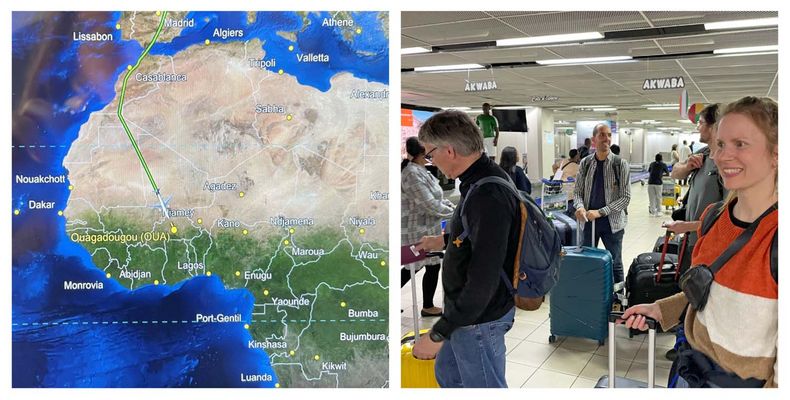



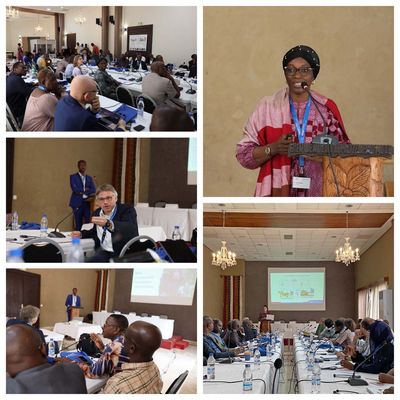

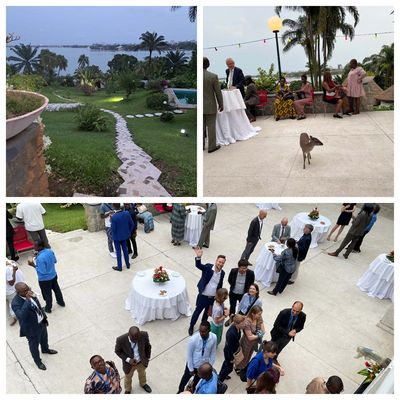


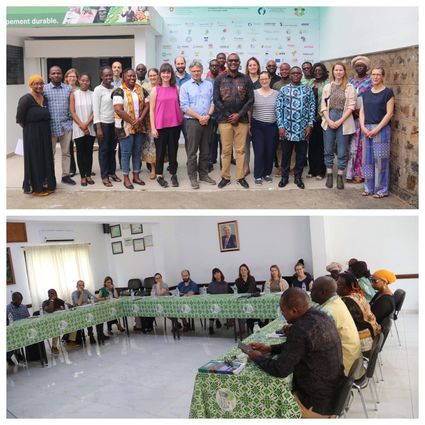
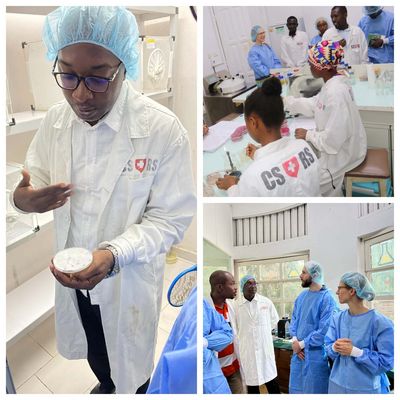
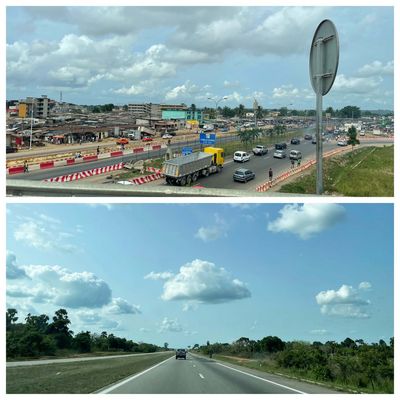

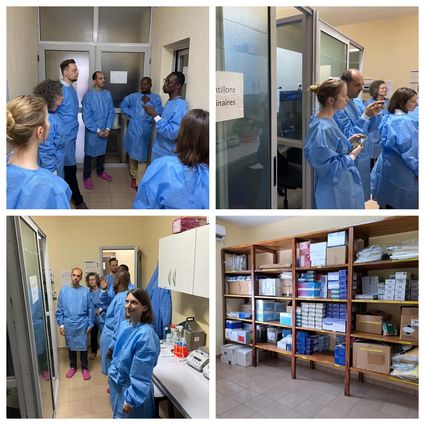














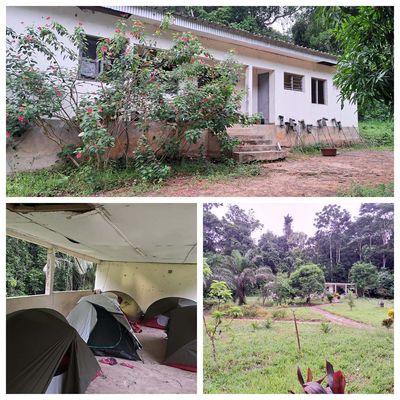
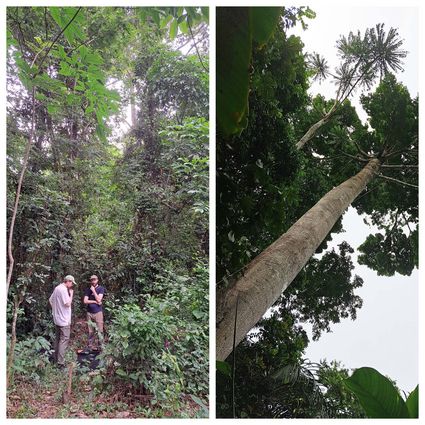


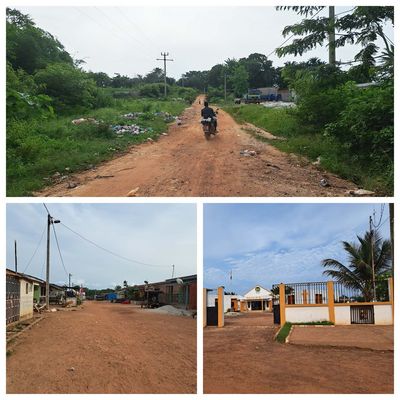




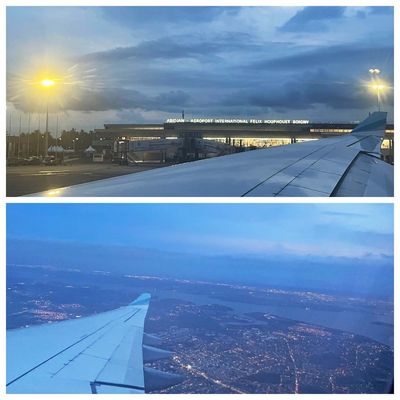

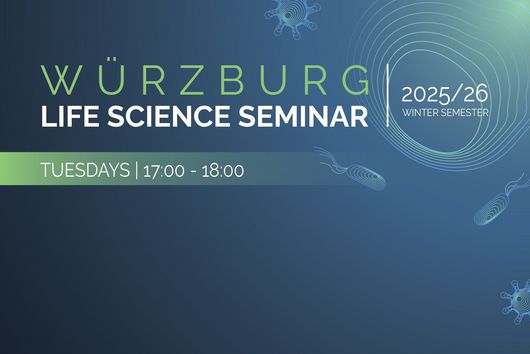
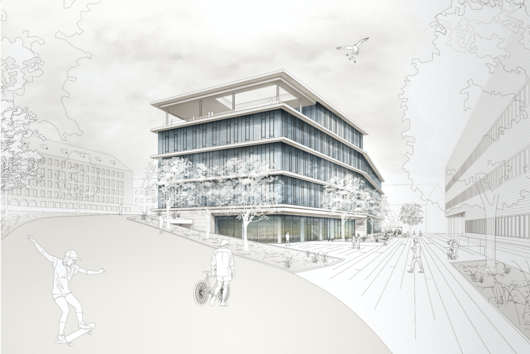

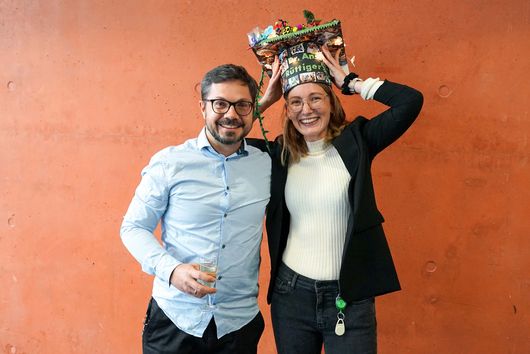

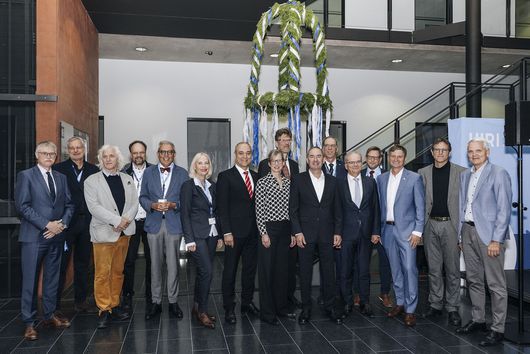

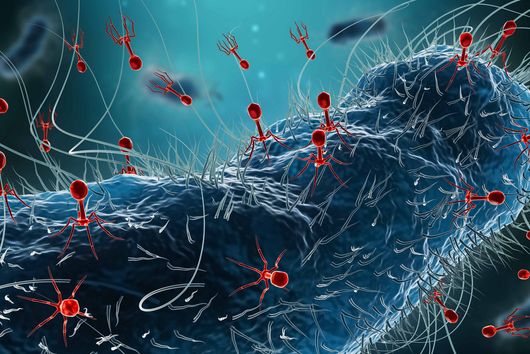

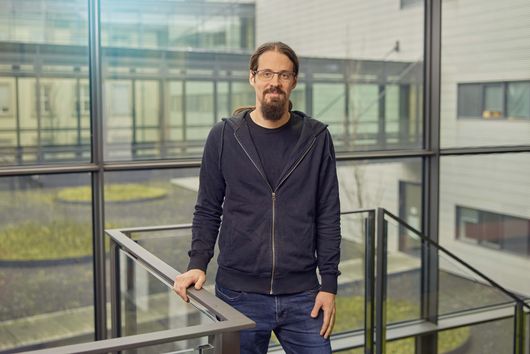
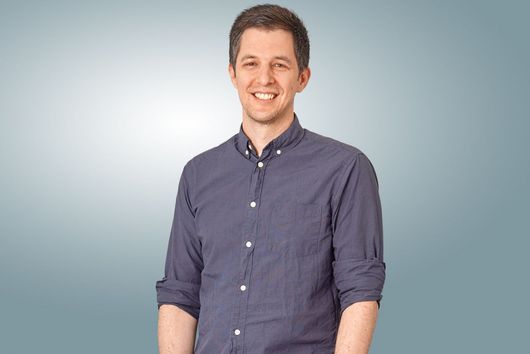

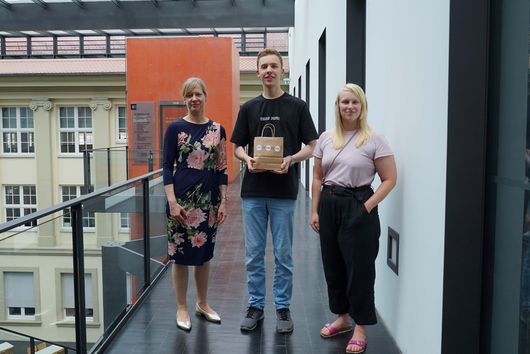
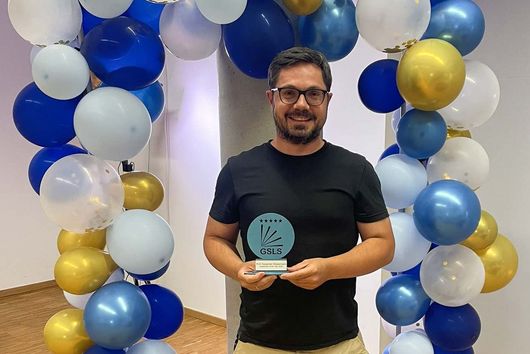
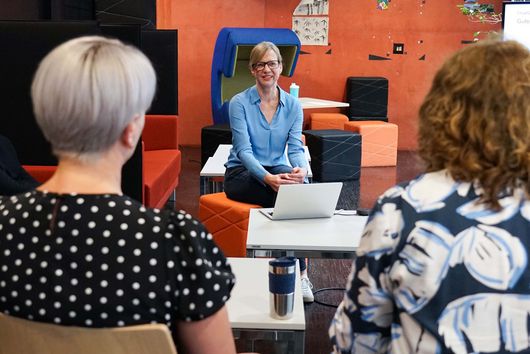
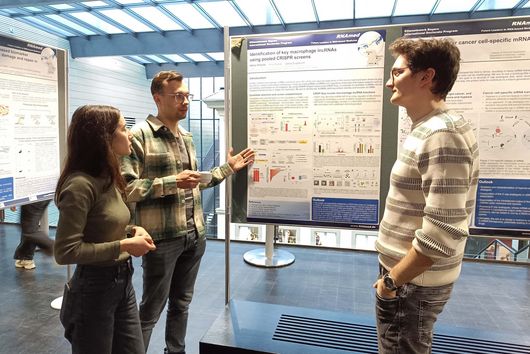
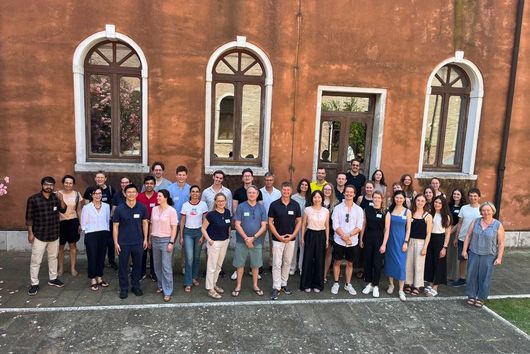
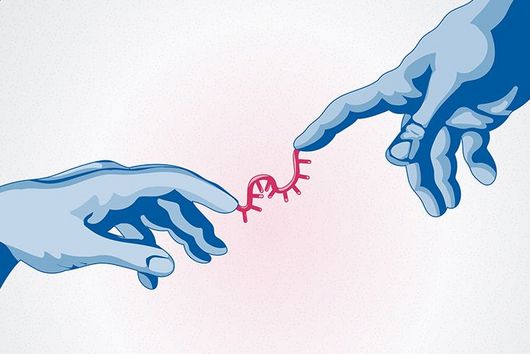
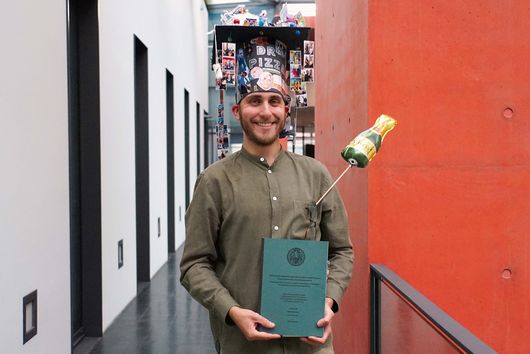

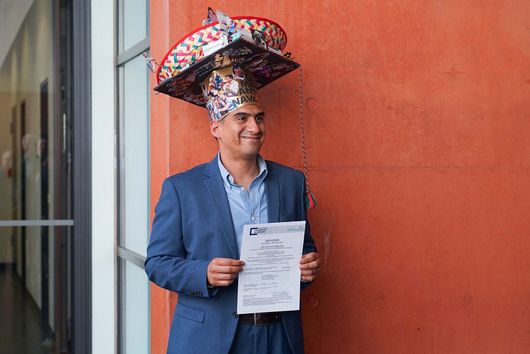

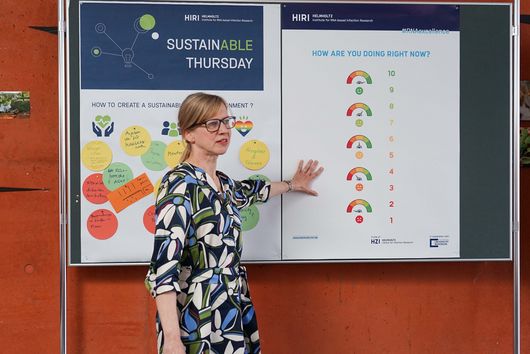
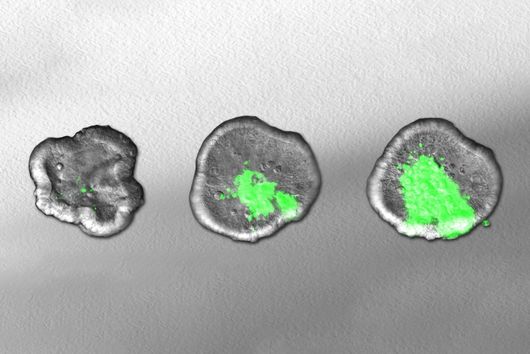
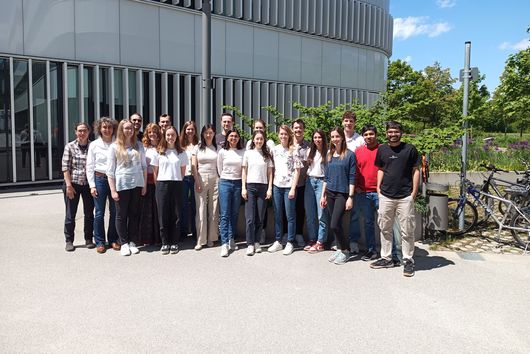
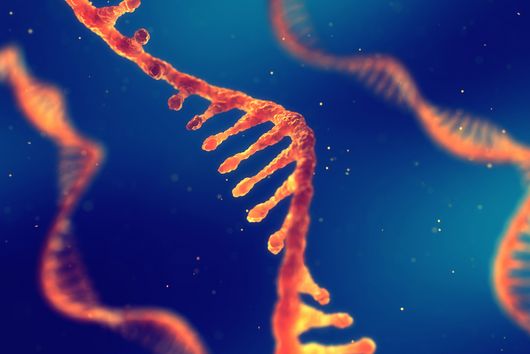
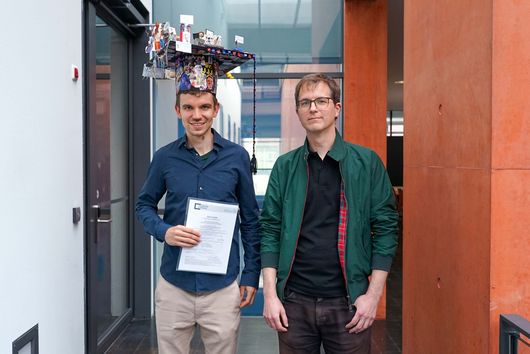
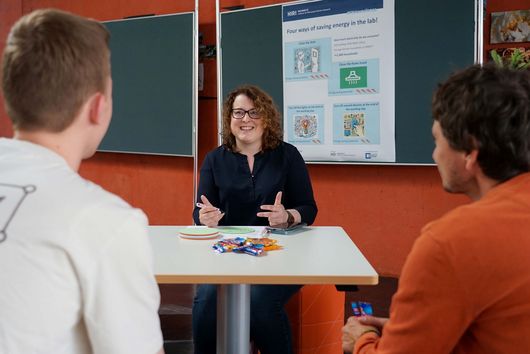
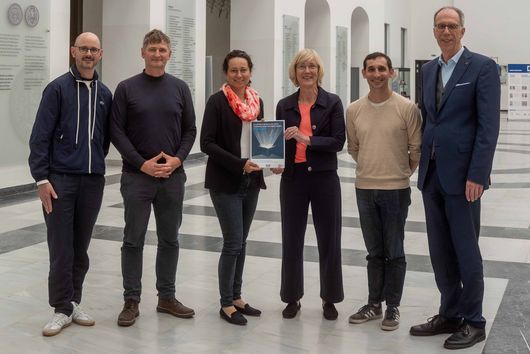
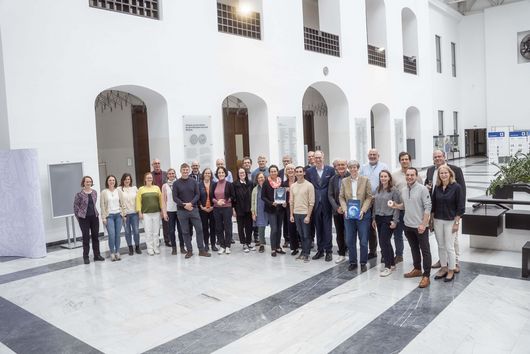
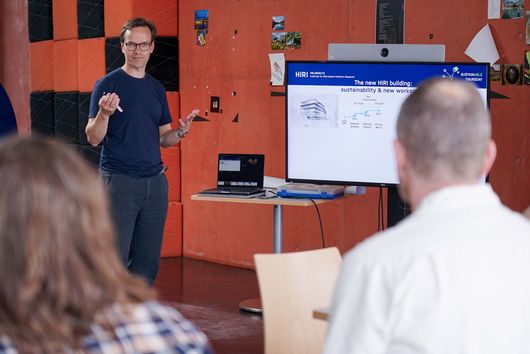

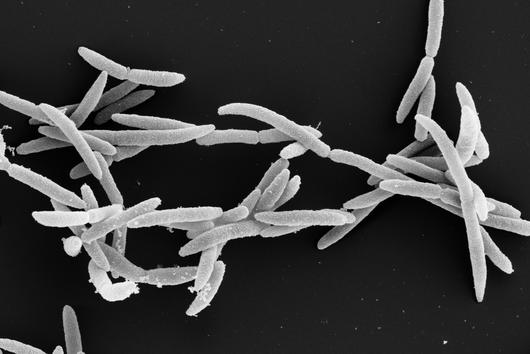

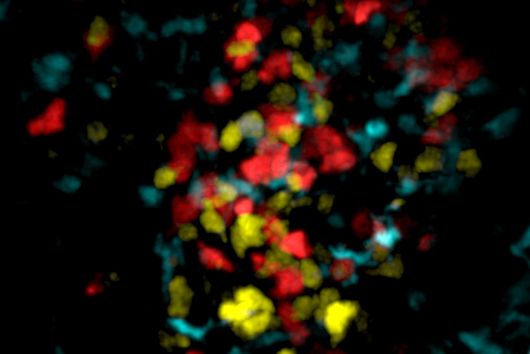
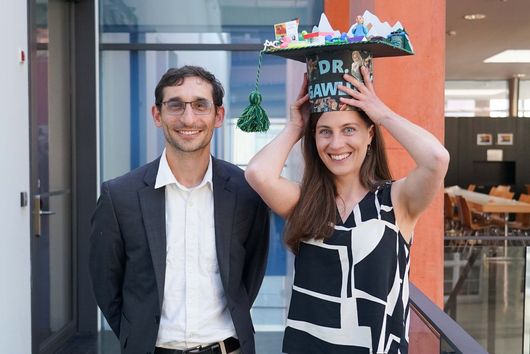
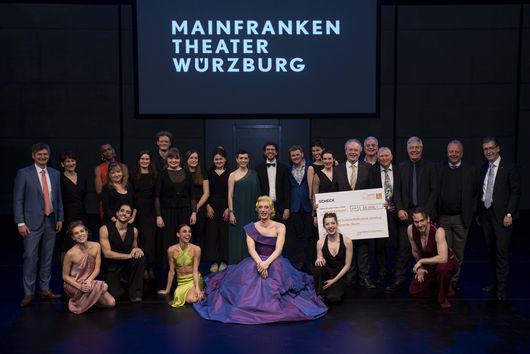
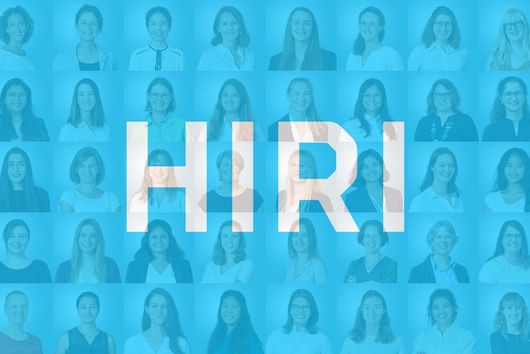
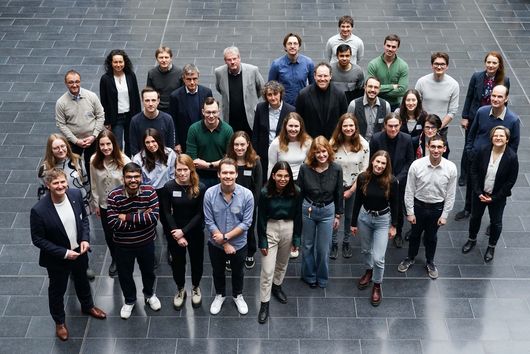
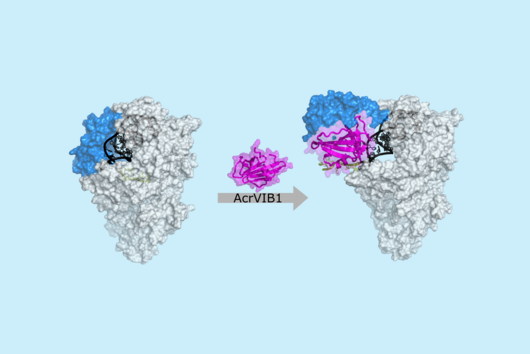
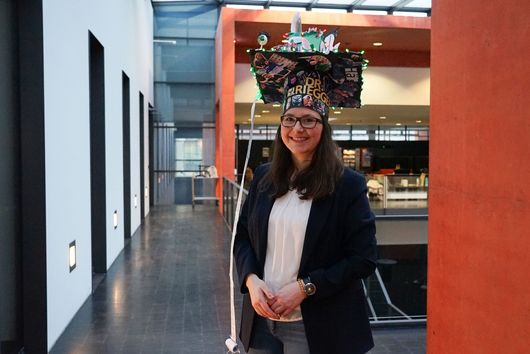
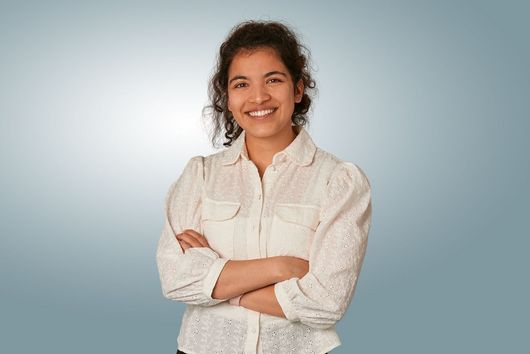
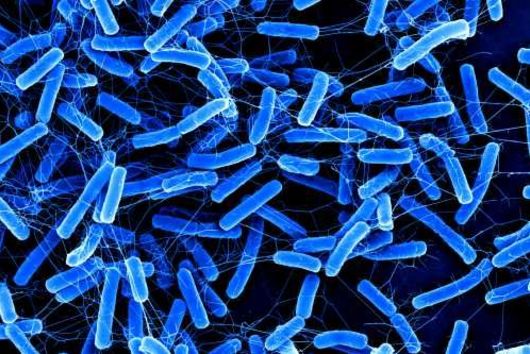
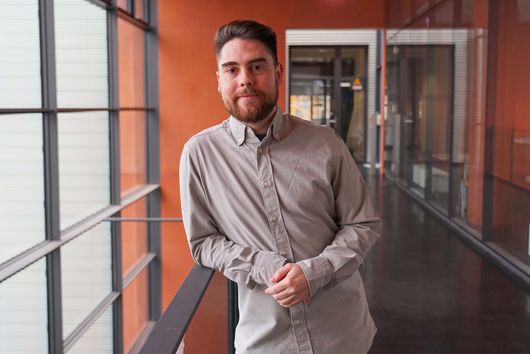
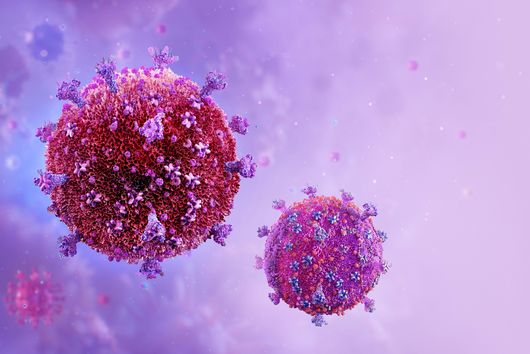
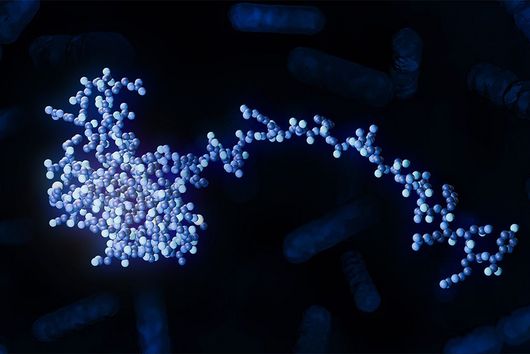
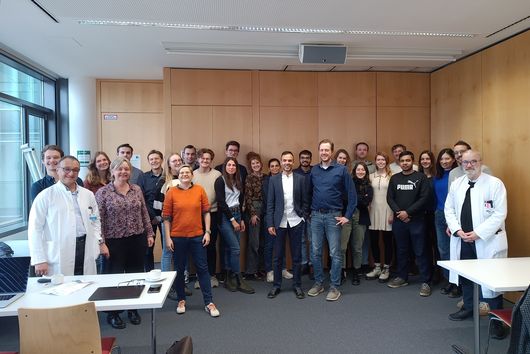

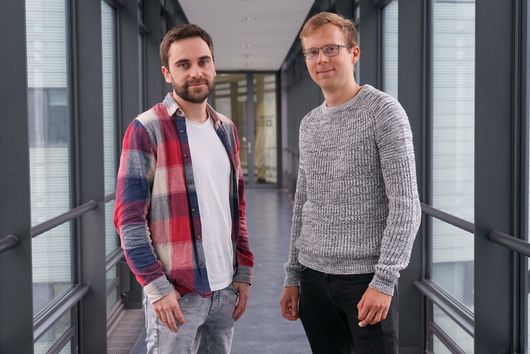
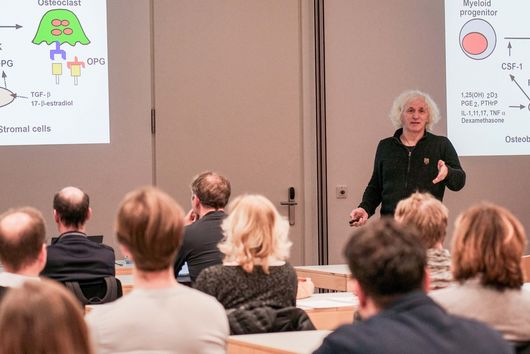
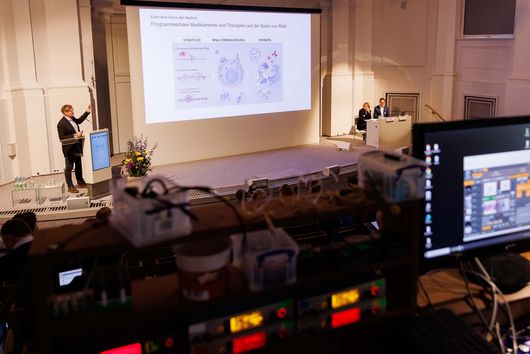
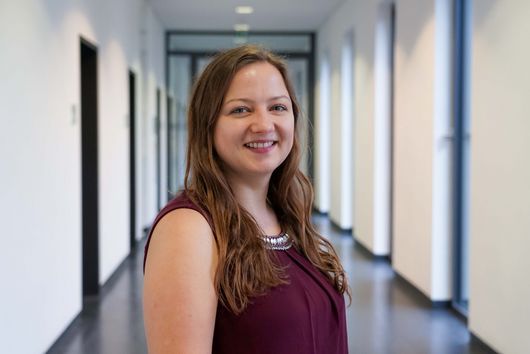
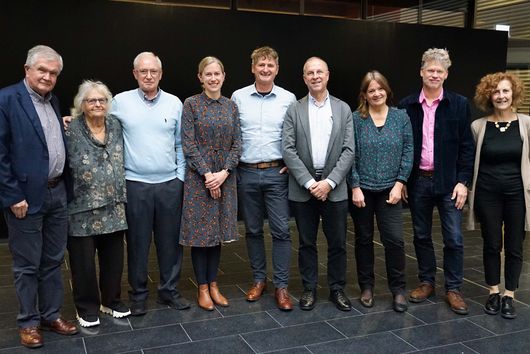
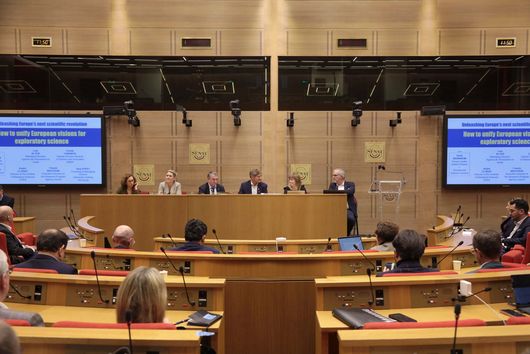
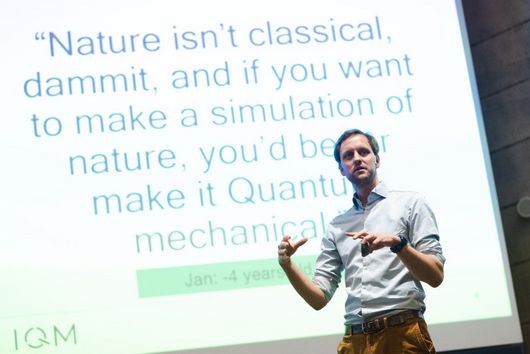
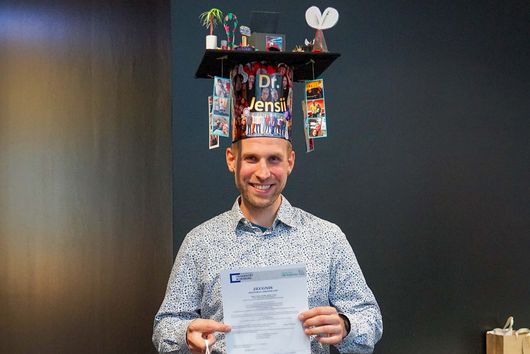

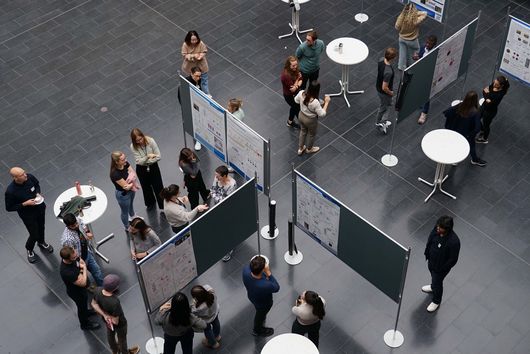
![[Translate to German:] [Translate to German:]](/fileadmin/HIRI/__processed__/5/4/csm_2024_10_EUREKA__c_HIRI_Luisa_Macharowsky_3_low_01_863006bd0e.jpg)

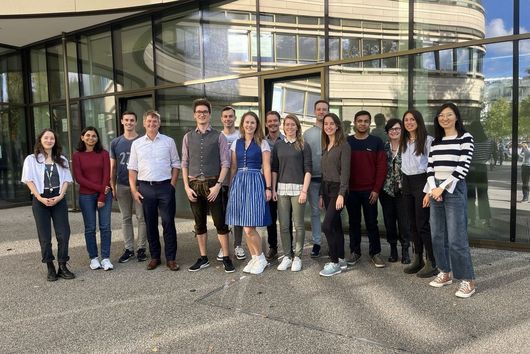
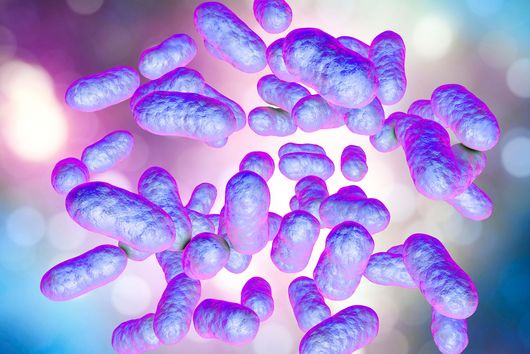
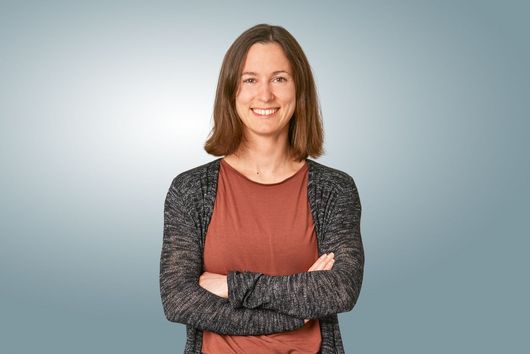
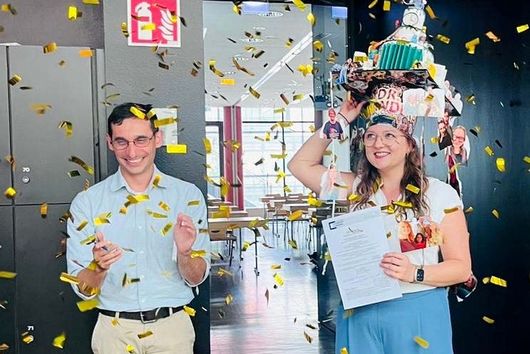
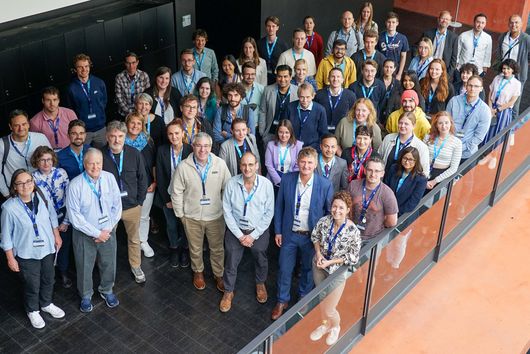
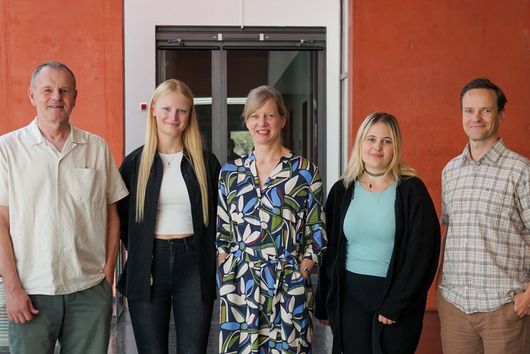
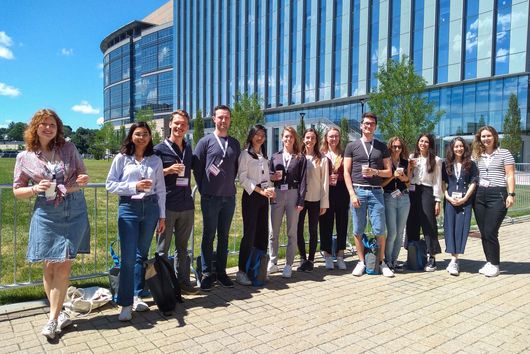
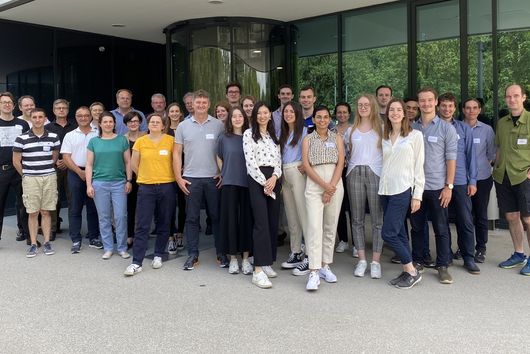
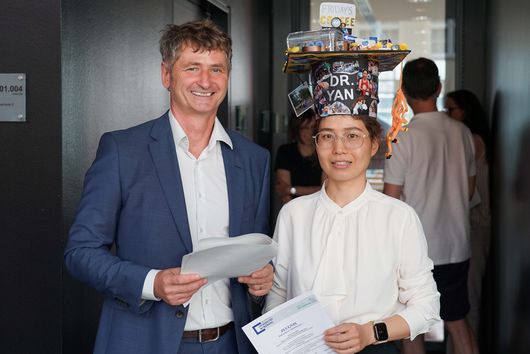
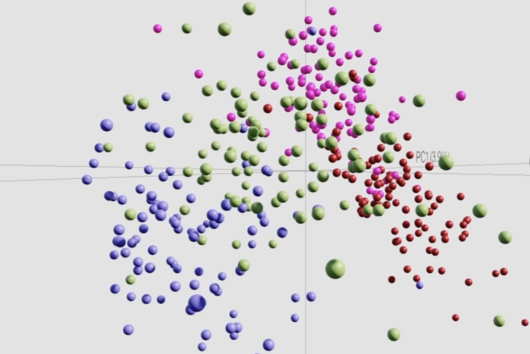
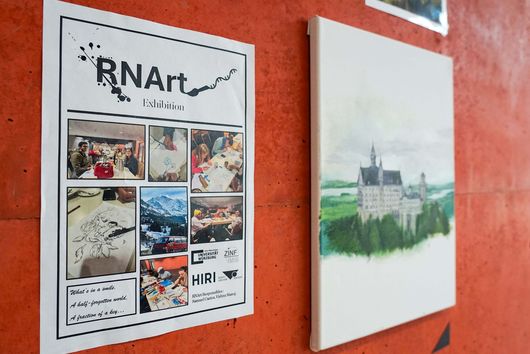
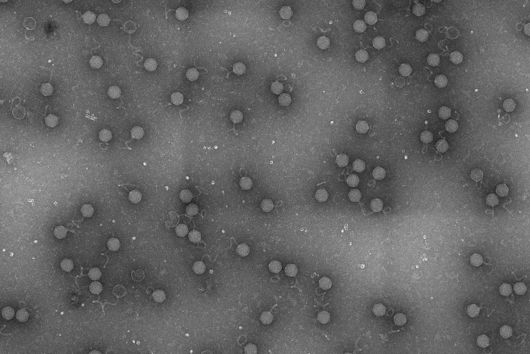

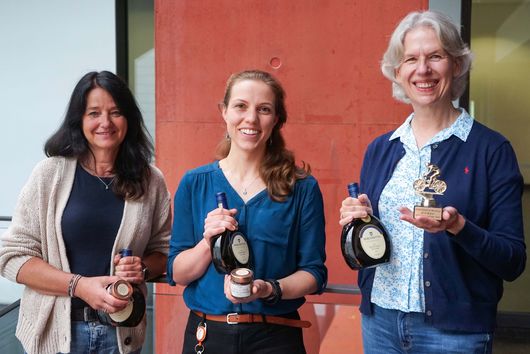
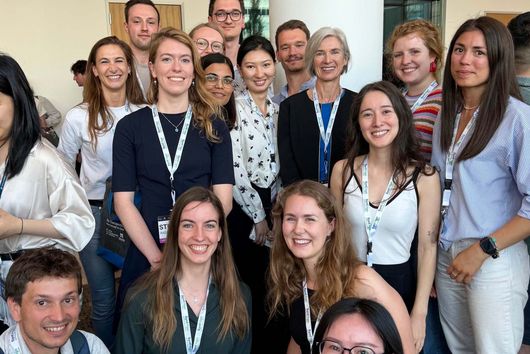

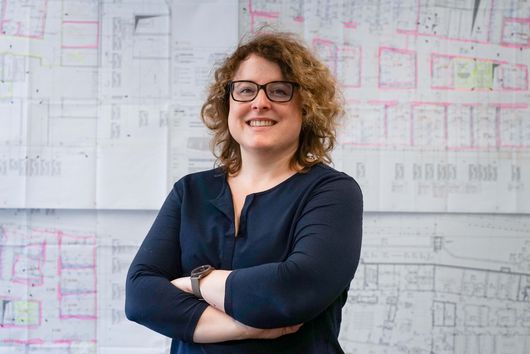
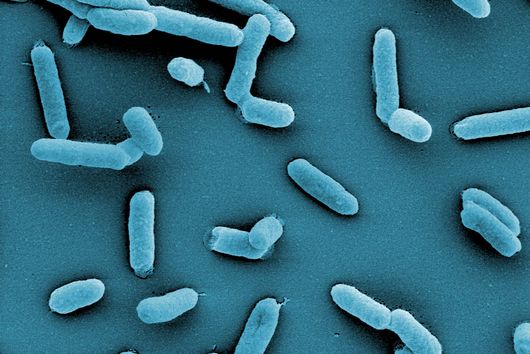




















![[Translate to German:]](/fileadmin/HIRI/__processed__/3/3/csm_2022_07_BEISEL_Chase_2_cropped_Low_a7a341cf03.jpg)





































![[Translate to German:] [Translate to German:]](/fileadmin/HIRI/__processed__/2/8/csm_Collage_WUE_9fa1cd516c.jpg)











![[Translate to German:] [Translate to German:]](/fileadmin/HIRI/__processed__/0/8/csm_05_Saliba_02_c_HIRI_Luisa_Macharowsky_ohne_Lacoste_low_zugeschnitten_2_01_9822d73a3f.jpg)
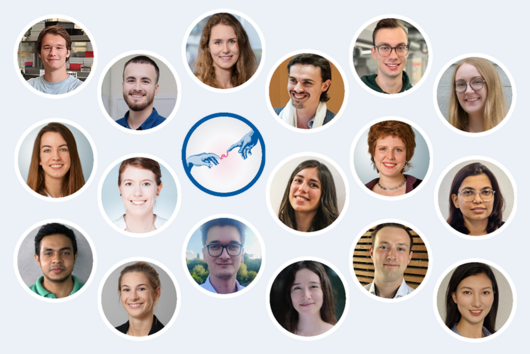

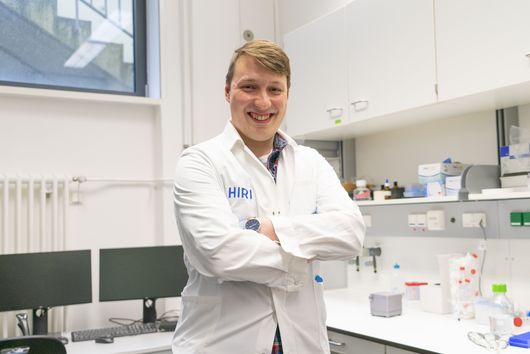



![[Translate to German:] [Translate to German:]](/fileadmin/HIRI/__processed__/c/c/csm_HIRI-Grundstseinlegung_Foto__c_Mario_Schmitt_79ad64af6d.jpg)













![[Translate to German:] [Translate to German:]](/fileadmin/HIRI/__processed__/c/2/csm_2023_04_Smyth_Paper_c_HIRI_Luisa_Macharowsky_2_low_84f993d581.jpg)


































![[Translate to German:] [Translate to German:]](/fileadmin/HIRI/__processed__/e/2/csm_2022_11_HIRI_City_of_Wuerzburg_Child_Care_c_HIRI_Luisa_Macharowsky_2_low_6445b253eb.jpg)
![[Translate to German:] [Translate to German:]](/fileadmin/HIRI/__processed__/3/9/csm_HIRI_key_visual_CHurtig_606d992d74.jpg)





































![[Translate to German:] [Translate to German:]](/fileadmin/HIRI/__processed__/f/0/csm_Ahsen_blue2_6e28a4ee6b.jpg)














![[Translate to Deutsch:] [Translate to Deutsch:]](/fileadmin/HIRI/__processed__/a/5/csm_2022_02_Marco_Olguin_HIRI-Luisa_Macharowsky_04_low_new_3dc837191c.jpg)


![[Translate to Deutsch:] [Translate to Deutsch:]](/fileadmin/HIRI/__processed__/3/c/csm_Joerg_Vogel_Portrait_-_photocredit_Mario_Schmitt__c__HIRI_5013b9643b.jpg)






![[Translate to Deutsch:] [Translate to Deutsch:]](/fileadmin/HIRI/__processed__/a/6/csm_RNA_Delivery_1902376336.jpg)
![[Translate to Deutsch:]](/fileadmin/HIRI/__processed__/7/c/csm_Caliskan_Kibe_Pekarek_105c7d1860.jpg)
![[Translate to Deutsch:] [Translate to Deutsch:]](/fileadmin/HIRI/__processed__/c/1/csm_N-Caliskan_M-Zimmer_Zoom_c93c493293.jpg)













































